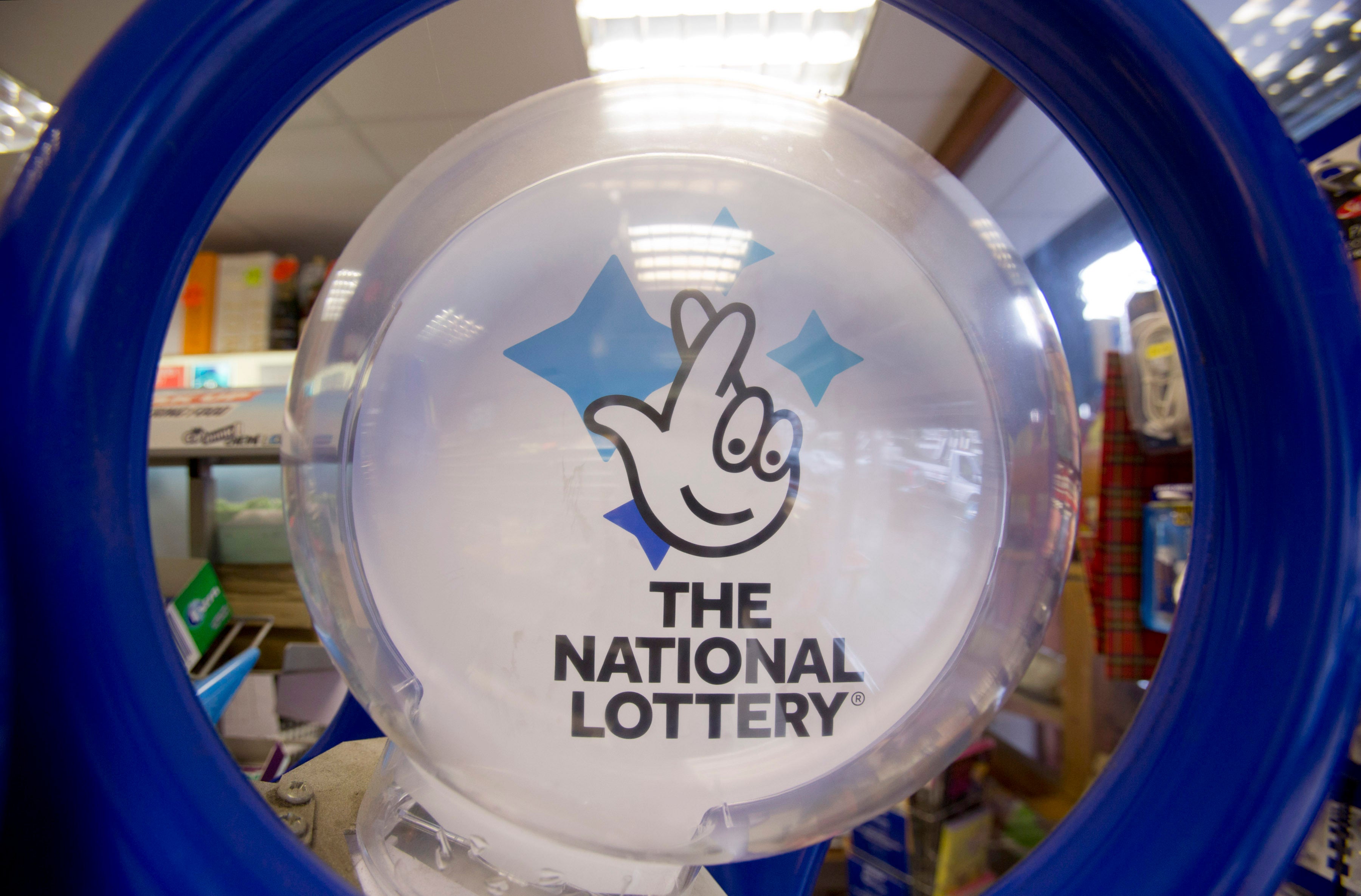Camelot set to lose licence to run National Lottery after 28 years
Gambling Commission names rival Allwyn Entertainment as preferred applicant to take on venture - but questions emerge over firm’s links to the Kremlin

Your support helps us to tell the story
From reproductive rights to climate change to Big Tech, The Independent is on the ground when the story is developing. Whether it's investigating the financials of Elon Musk's pro-Trump PAC or producing our latest documentary, 'The A Word', which shines a light on the American women fighting for reproductive rights, we know how important it is to parse out the facts from the messaging.
At such a critical moment in US history, we need reporters on the ground. Your donation allows us to keep sending journalists to speak to both sides of the story.
The Independent is trusted by Americans across the entire political spectrum. And unlike many other quality news outlets, we choose not to lock Americans out of our reporting and analysis with paywalls. We believe quality journalism should be available to everyone, paid for by those who can afford it.
Your support makes all the difference.National Lottery operator Camelot is set to lose its licence to run the lottery after 28 years.
The Gambling Commission has named rival Allwyn Entertainment as its preferred applicant to take on the venture.
Camelot – which had been bidding for its fourth licence – has run the UK National Lottery since the game first started in 1994.
But the decision to axe the firm is already proving controversial after it emerged Allwyn has possible links with the Kremlin.
The company’s owner Karel Komarek, a Czech billionaire, worked on a joint venture with Gazprom – the state-controlled Russian energy giant – to build an underground gas storage facility in his home country in 2016.
“The government must set out that they are satisfied this company does not have links to the Russian regime,” said Alex Davies-Jones, Labour’s shadow minister for tech, gambling and the digital economy.
Allwyn – already Europe’s biggest lottery operator – is said to have impressed the Gambling Commission with strong proposals, including reducing ticket prices from £2 to £1 and having two draws on one night.
It also pledged to donate £38bn to good causes over the next decade, not too far short of the £45bn that Camelot has raised in its 28 years.
The reputation of Sir Keith Mills – chair of the company’s bid – is thought to played a further key factor in the success: he was instrumental both in winning the 2012 Olympics bid for London and in organising the Games.
Andrew Rhodes, the Gambling Commission chief executive, said: “In its lifetime, the National Lottery has raised more than £45bn for good causes and is rightly seen as a great national asset. Our priority was to run a competition that would attract a strong field of candidates.
“Having received the most applications since 1994, it is clear that we’ve achieved just that.
“I am confident that the success of the competition will lead to a highly successful fourth licence – one that maximises returns to good causes, promotes innovation, delivers against our statutory duties, and which ultimately protects the unique status of the National Lottery.
“We look forward to working with all parties to ensure a smooth handover.”
Justin King, who will become chair of Allwyn UK, said: "The national lottery is a vital British institution and we’re focused on ensuring it plays an even bigger part in society by increasing participation, improving safeguards, and giving back more to good causes.”
The decision is expected to be confirmed later this year with a transfer to the new operator set to be completed by 2024.
Nigel Railton, chief executive of Camelot, said he was "incredibly disappointed" by the verdict.
"We’re now carefully reviewing the Gambling Commission’s evaluation before deciding on our next steps,” he added.
Subscribe to Independent Premium to bookmark this article
Want to bookmark your favourite articles and stories to read or reference later? Start your Independent Premium subscription today.
Join our commenting forum
Join thought-provoking conversations, follow other Independent readers and see their replies
Comments